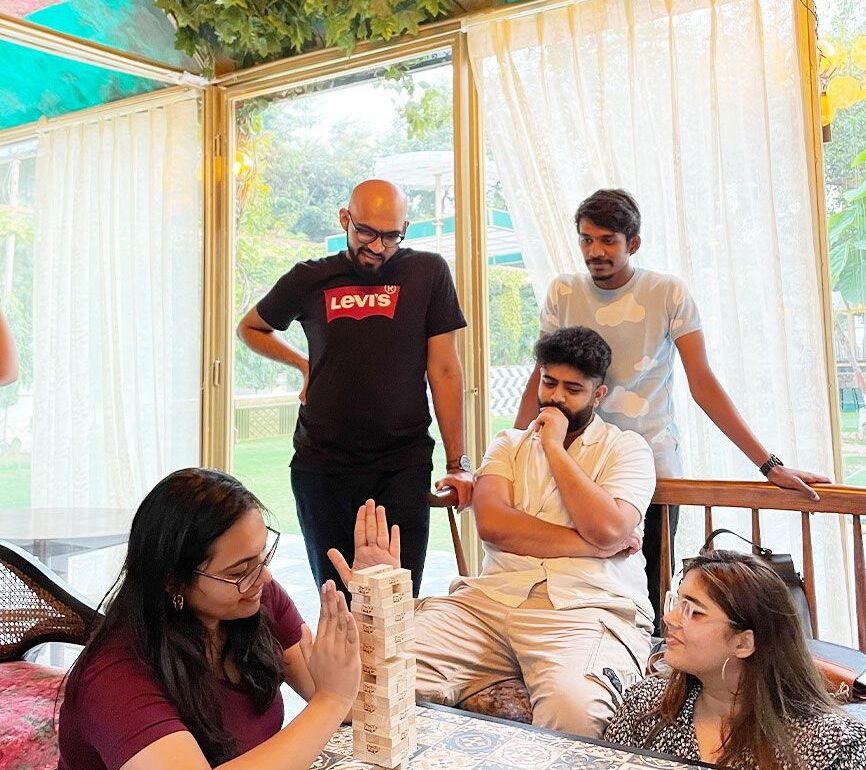As research from MIT and Pew Research Center has shown, mainstream social networks tend to use algorithms that reinforce existing beliefs, creating echo chambers which limit exposure to diverse viewpoints. In contrast, apps designed for real-world social interactions promise to help users break out of their bubbles and engage with fresh ideas.
“We once had a neuroscientist, a radio jockey, an interior designer and a wedding planner all sitting at the same table, and it was really interesting to see the common wave they were riding,” says Asha Bhat, co-founder of HighTable, a website and app that facilitates in-person meetups over breakfast or coffee. She admits that while she didn’t expect people from such different walks of life to engage for more than a few minutes, she was surprised to find them deep in conversation three hours later. “It started with food and ended with geopolitics and where the country is heading,” she says, adding that despite their different backgrounds and age groups, sitting face-to-face helped them find common ground. According to Bhat, what makes platforms like HighTable different from traditional social clubs is that people come with the specific intention to talk to strangers. “The table is restricted to four to ten people, and we don’t allow photographs so that people feel comfortable to speak their minds.”
While apps like HighTable and Jamm—a members-only network for meetups of up to eight people—allow anyone to host intimate gatherings after passing a verification process, we’re also seeing the emergence of Instagram-based communities with a more curated approach.
For Saloni Shevya, founder of Six of Strangers, an Instagram-born community that hosts group activities ranging from board game battles to coffee raves to scavenger hunts, cultivating a community rooted in intentional growth was a priority. Though most attendees discover these events through Instagram ads, they must first complete a Google Form and pass a vetting process to get an invitation. “The invites are sometimes hidden in puzzles or riddles and only those who can solve these get access to the event, which makes it more exclusive,” she says, explaining her selection criteria. “Sometimes, I even ask them to send me a song they like to see how [well] they will connect [with the group]. The selection process is different depending on the theme of the event, but the idea is for me to get to know them better.” By gatekeeping access to her events, Shevya believes she has created a safe space for those genuinely committed to forming meaningful connections.
“I am someone who cannot speak much when I’m sitting in a group of people [and prefer to] observe people, but there, I had no fears because everybody is a stranger and everybody is fearlessly sharing their stories,” points out Devanshi Bakshi, a sales and marketing expert from Delhi, who recently attended an event hosted by Six of Strangers.
While these platforms seem promising, the real question is, can they truly compete with the all-consuming dopamine rush of social media?
That’s a goal that’s still a few years away and highly dependent on how much willpower users of these apps can muster, argues Able Joseph, the founder of Jamm. “I don’t think an offline platform has the power to change a habit that’s been created over the years,” he explains. “But while I don’t think [platforms like] Jamm can solve loneliness, they do, in fact, solve boredom.”
This post was originally published on this site be sure to check out more of their content









